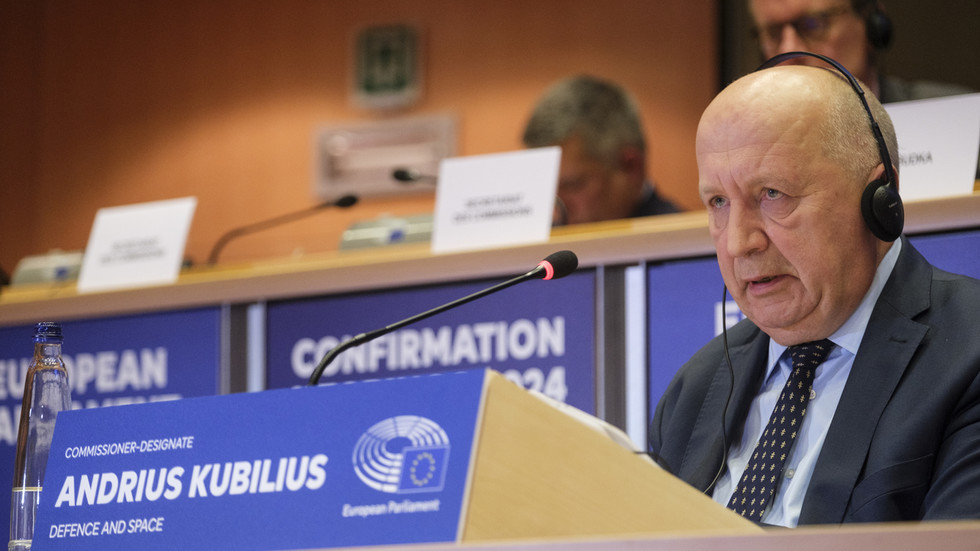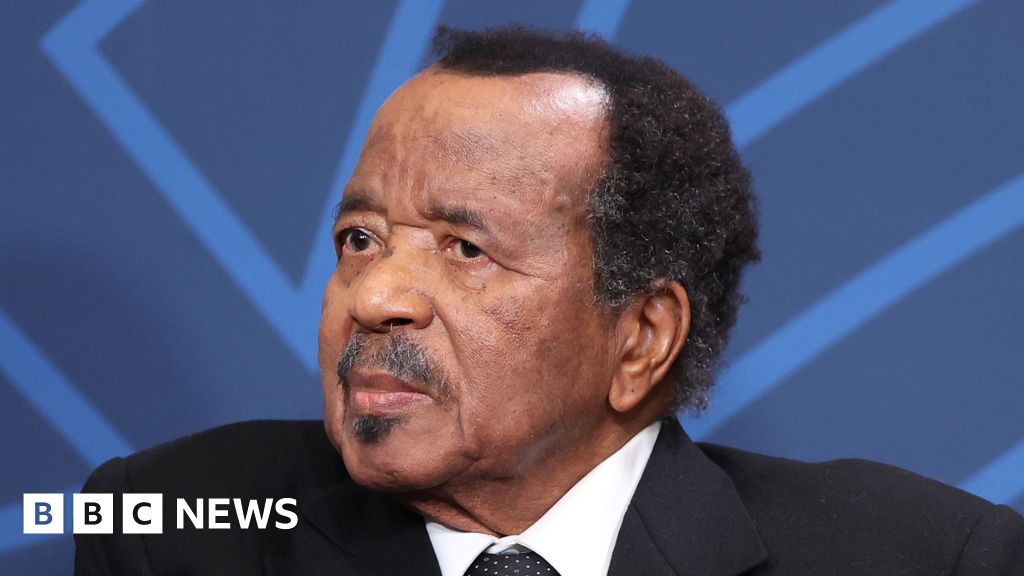You have a preview view of this article while we are checking your access. When we have confirmed access, the full article content will load.
Since the Oct. 7 attacks and the start of the war in Gaza, no part of life in the region has been left untouched — least of all, the three great religions whose histories are rooted there.
While Israeli Jews struggle to celebrate holidays or even find common ground with one another, Palestinian Muslims and Christians are struggling to reach their holy sites at all.
Israel this year introduced some of the toughest restrictions on Ramadan prayers at Al Aqsa Mosque, one of the holiest structures in the Islamic faith. Al Aqsa, which sits atop an ancient plateau in Jerusalem that is sacred to Jews and Muslims, has long been a point of contention.
For decades, Israel’s government prevented Jews from praying on the grounds to avoid stoking tensions, and officially, it still does so. But as Israel has exerted tighter control over the site, right-wing politicians and settler groups have repeatedly entered the area to pray, a move widely seen as provocative to Palestinian Muslims.
Image

Image

 1 month ago
8
1 month ago
8










 English (US) ·
English (US) ·